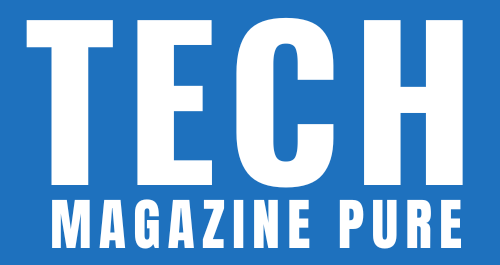In today’s digital era, cloud-based solutions have dominated the software market, including accounting software. However, for businesses seeking more control over their financial data and operations, non-cloud based accounting software presents a compelling alternative. Non-cloud based accounting software, also known as on-premise accounting software, is installed and maintained locally on a business’s own servers or computers. In this article, we will explore the key advantages of non-cloud based accounting software and why it continues to be a preferred choice for certain businesses.
The Concept of Non-Cloud Based Accounting Software
Non-cloud based accounting software operates within a closed network, where all data and applications are hosted locally. This means that businesses have complete ownership and control over their financial data, without relying on external servers or internet connections.
Advantages of Non-Cloud Based Accounting Software
- Data Security and Privacy: One of the most significant advantages of it is enhanced data security. With all financial data stored locally, businesses have greater control over access permissions and can implement robust security measures to protect sensitive information from potential cyber threats.
- Offline Access: In situations where internet connectivity may be unreliable or unavailable, it allows businesses to continue their financial operations without interruptions. Users can access the software and financial data at any time, regardless of internet connectivity.
- Customization and Integration: It offers greater flexibility for customization and integration with other business systems. Businesses can tailor the software to their specific needs and seamlessly integrate it with existing applications for a cohesive financial management experience.
- Reduced Reliance on Internet Speed: Cloud-based software performance can be influenced by internet speed and bandwidth. In contrast, it relies solely on the local network, ensuring consistent and reliable performance.
- Cost-Effective for Long-Term Use: While cloud-based software typically involves ongoing subscription fees, it generally requires a one-time upfront investment, making it cost-effective in the long run, especially for businesses with stable financial management needs.
Popular Non-Cloud Based Accounting Software Options
- QuickBooks Desktop: QuickBooks Desktop is a well-known it option that offers comprehensive accounting tools and customizable features. It caters to the needs of various business sizes and industries, providing a reliable and familiar solution for offline financial management.
- Sage 50 Accounting: Formerly known as Peachtree, Sage 50 is a robust it solution with a user-friendly interface. It offers features such as general ledger, invoicing, and inventory management for businesses seeking precise financial control.
- Xero Offline Accounting: Xero, known for its cloud-based offering, also provides an offline version of its accounting software. Xero Offline Accounting allows businesses to maintain financial data locally while still benefiting from the software’s intuitive interface and reporting capabilities.
It offers businesses greater autonomy and control over their financial data and operations. The advantages of enhanced data security, offline access, customization, and reduced reliance on internet speed make it an appealing option for certain businesses.
QuickBooks Desktop, Sage 50 Accounting, and Xero Offline Accounting are among the popular it options that cater to businesses seeking offline financial management capabilities.
As businesses continue to prioritize data security and customization, it remains a reliable and cost-effective choice, enabling businesses to maintain precise control over their financial data while streamlining financial operations effectively.


